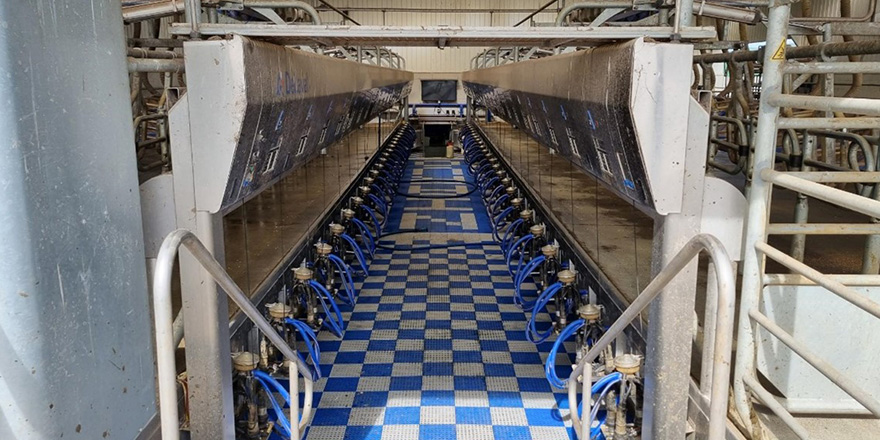
Executive summary
The Women in Kiwifruit group has a goal of inspiring, connecting and elevating women in the Kiwifruit Industry. To understand the current status of the representation of women in the Kiwifruit industry this report was conducted. It aimed to answer if women are well represented across the Kiwifruit workforce (paddock to plate) through completing a ‘health check’. A literature review identifying documented benefits and barriers of women in the workplace and the greater themes of diversity and business culture. A diverse workforce is not a nice to have, it is morally, ethically, social, and financially beneficial business decision. Women contribute to increased levels of innovation, and better risk management.
A series of semi structured interviews were completed with 8 Kiwifruit industry leaders and 2 smaller forum groups. Following this a thematic analysis highlighting common themes. A lack of women was identified across senior leadership levels and certain roles like grower services and orchard management.
Although it was highlighted that the industry has greatly improved as it has grown, common barriers for women succeeding in the Kiwifruit industry were unconscious bias, lack of flexible working conditions and business culture. All leaders highlight great opportunities for change if a team or manager had a mind-set attuned for embracing change, or who personally valued diversity.
When a descriptive statistical analysis was completed on employment data from a Kiwifruit postharvest organisation it showed that at an overall staff numbers level 49-53% of the workforce was female. More women were employed in admin, HR, finance and quality roles and less in grower services, orchard, senior leadership and forklift positions.
As roles progressed in seniority and required a higher degree of leadership fewer women were seen. This was equated to;
- The presence of unconscious bias during promotional discussions
- Women’s role as primary caregivers not being compatible to roles that do not provide flexibility in work hours or rely on tacit knowledge.
- Women doubting their personal ability, having a lack of confidence or fear of being authentic and vulnerable.
Recommendations to address the imbalance of women across the increase include
- Collecting more data and monitoring to provide analytical metrics and reduce speculation on gender imbalances and pay parity.
- Being bold with leadership decisions to create change and expect change from the team around you.
- Encourage women to support women through connection and mentoring.
- Cultivate diversity values from the bottom up and top down across the industry.
- Adopt fit for purpose business cultures that values diversity and people.
Download and read the full report here:




